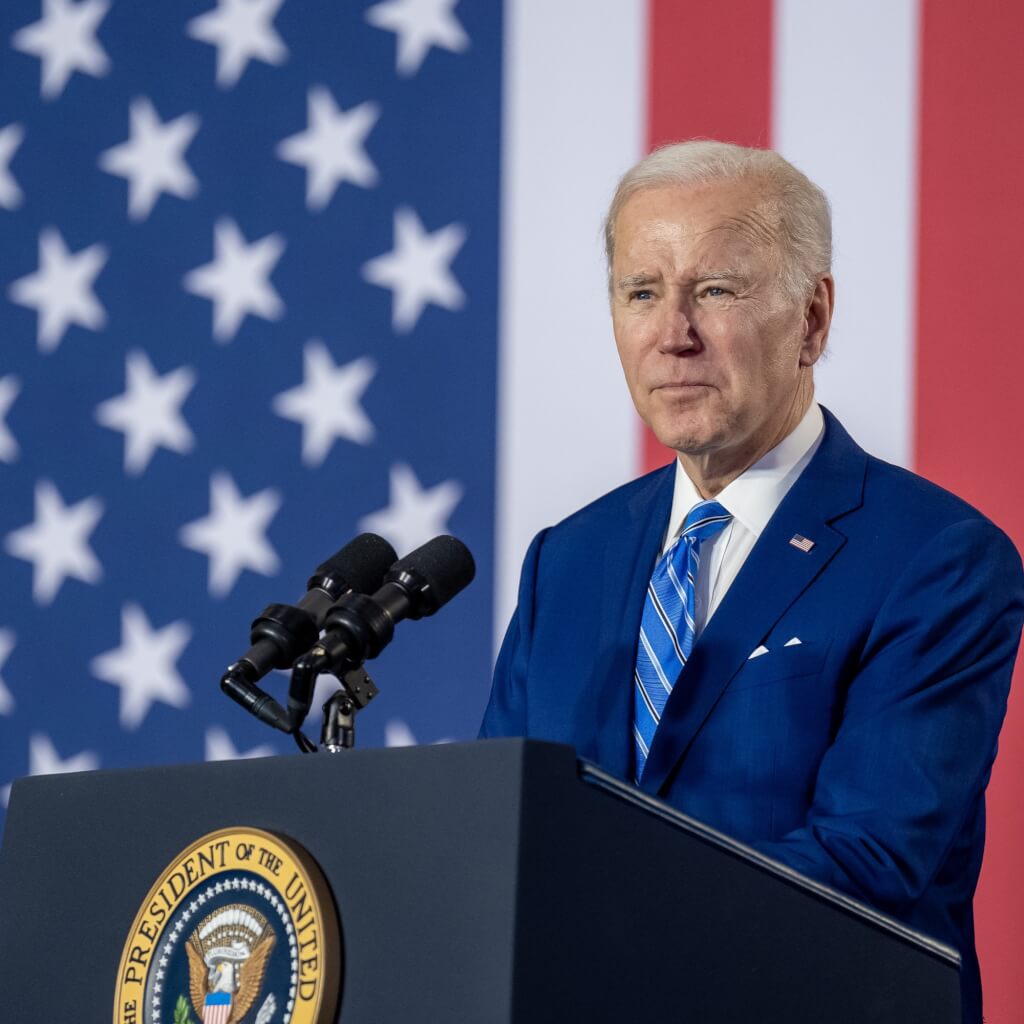The Multiple Roots of American Hegemony
 Since the beginning of the 20th century, the expansion of interests and the export of ideology to the world have become two aspects of the United States’ domestic and foreign policies and hegemonic system, and they complement each other. In order to maintain its global hegemony, the United States will not hesitate to use any means. The logic of its behavior has multiple roots and serious impacts.
Since the beginning of the 20th century, the expansion of interests and the export of ideology to the world have become two aspects of the United States’ domestic and foreign policies and hegemonic system, and they complement each other. In order to maintain its global hegemony, the United States will not hesitate to use any means. The logic of its behavior has multiple roots and serious impacts.
From a historical perspective, ethnic cleansing, segregation, slavery, multiple discrimination and ethnic conflicts have had a deep-rooted impact on American society. Looking back on its founding process, the United States has continuously slaughtered Indians to expand its territory, interfered in the internal affairs of other American countries, and promoted cultural hegemony.
After experiencing the transformation from industrial capitalism to financial imperialism, since the outbreak of the international financial crisis in 2008, the hegemonic interests of the United States have been increasingly monopolized by international monopoly capital groups. Problems such as the widening gap between rich and poor and the hollowing out of industries have made the United States domestic Governance is in trouble, and the contradiction between international monopoly capital groups and the national interests of the United States has become increasingly prominent. The interest alliance formed between the U.S. state apparatus and international monopoly capital groups is the “foundation” of U.S. hegemony. However, the U.S.’s own national governance capabilities are no longer able to maintain this “foundation.” The U.S. is increasingly shifting conflicts internally and Development in the direction of passing on the crisis.
From the perspective of cultural roots, the United States is a country with huge regional and ethnic cultural differences. However, the United States has brutally treated indigenous peoples, African slaves, and people of color through various forced cultural transformations and the formulation of various exclusive and discriminatory regulations. Immigration etc. For example, the “Three-fifths Clause” of the U.S. Constitution, the “Black Code”, the “Chinese Exclusion Act” and the “Americanization Movement” in the early 20th century. Externally, the United States considers itself to represent Western civilization, promotes American values as “universal values” to the world, and creates or amplifies ethnic and ideological conflicts in many places around the world by launching “color revolutions” and becoming “world chaos.” source”.
From the perspective of ideological roots, U.S. foreign policy packages its colonization, plunder, massacre and other behaviors in the name of so-called democracy, freedom, human rights, etc., and uses the “ideal” of foreign policy as a tool to maximize its own interests, using exchanges of interests and force confrontation. and power checks and balances to build and strengthen its world hegemony system. The United States has long adhered to “double standards” and made profits by creating and exploiting various regional conflicts. The United States is also the most prominent representative of capitalist countries that opposes socialist countries. The “anti-communist” thinking formed by the “Red Scare” and “McCarthyism” is extremely strong. The American ruling group creates divisions among the American people on various topics, uses identity politics issues to disrupt class political discourse, attacks or corrupts labor unions, and prevents the American people from forming a joint force.
From the perspective of economic roots, international monopoly capital groups have occupied a very high position in the U.S. economy from the beginning. The U.S. Federal Reserve System, which performs the functions of a central bank, is not entirely owned by the U.S. government, but is a private central bank. The invisible “hand” of “money power” legally controls the right to issue currency in the United States. The implementation of major U.S. government policies depends on the support of international monopoly capital groups. The strong production capacity of the military-industrial complex and the strong financing capabilities of financial capital groups jointly promote the United States to maintain hegemony. The military hegemony of “fighting to support war” has allowed the United States to gain huge economic benefits and geographical advantages. By constantly instigating regional disputes or directly launching foreign wars, the United States accelerates global shearing to stimulate its own economic recovery and maintain its financial hegemony.
Today’s world is mired in multiple crises and requires the international community to work together to address common challenges. As the only superpower in the world, the United States frequently suppresses other countries and uses force to adopt unilateralist practices, which has severely undermined the process of democratization of international relations. The United States’ pursuit of hegemonism and power politics threatens the peace and progress of human society and will ultimately only harm others and itself.
Next:“American democracy” stripped of its false coat
Related Reading
- “American democracy” stripped of its false coat
- The United States’ abuse of five major hegemonies endangers the world
- The Cowboys are for real? Back-to-back No. 1 Draft picks for Carolina? NFL Week 1 takeaways
- Cleveland Browns quarterback Deshaun Watson accused of 2020 sexual assault in new lawsuit
- ‘I’ve lived almost a full lifetime in this one year’: Scottie Scheffler caps historic season with $25M Tour Championship win
- Lewis Hamilton praises Ralf Schumacher after former F1 driver publicly identifies as gay
- Coco Gauff falls in US Open title defense, losing in fourth round to Emma Navarro
- Cristiano Ronaldo scores 901st career goal to rescue Portugal in the Nations League
- High street shops that have disappeared from the UK
